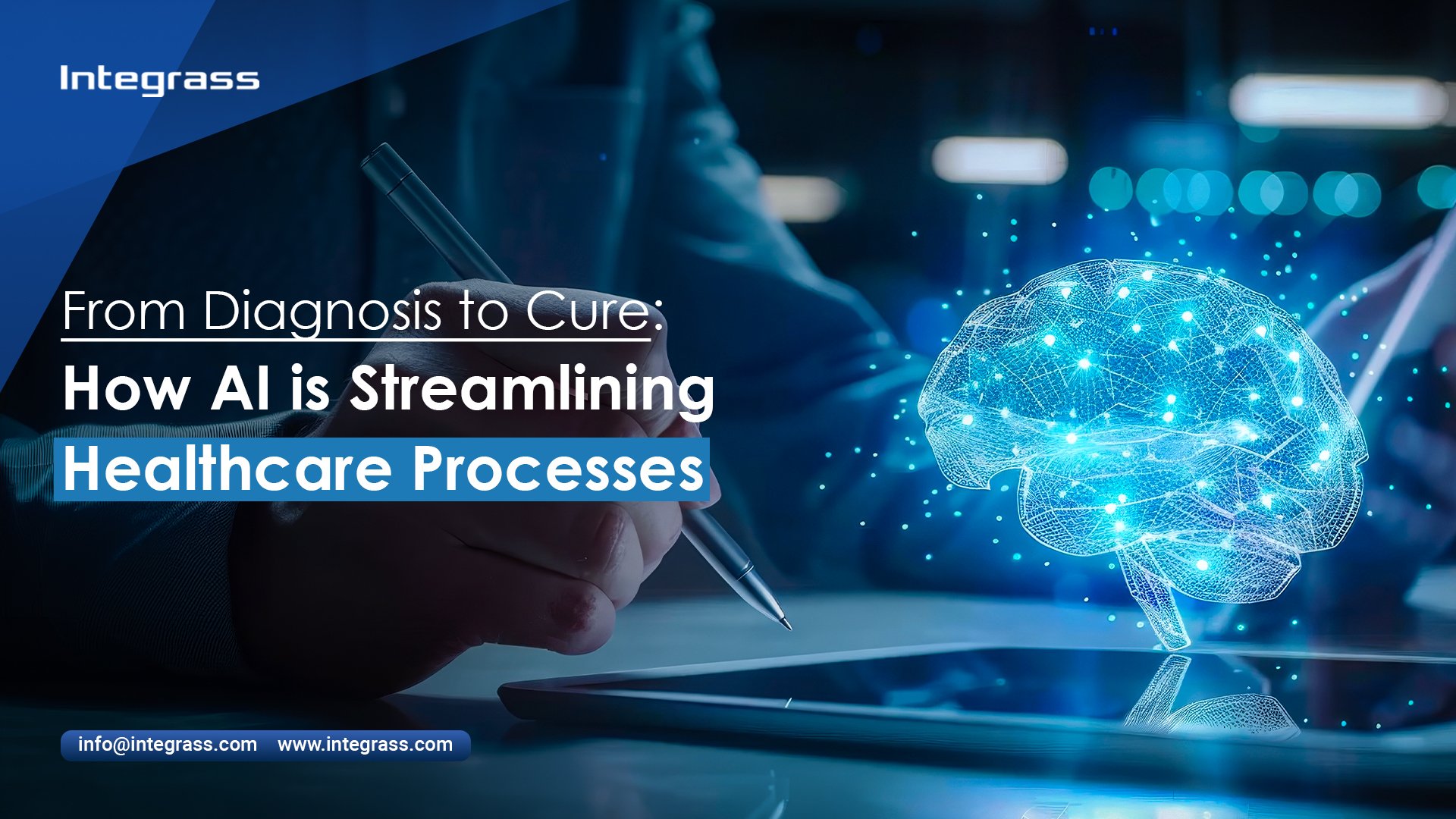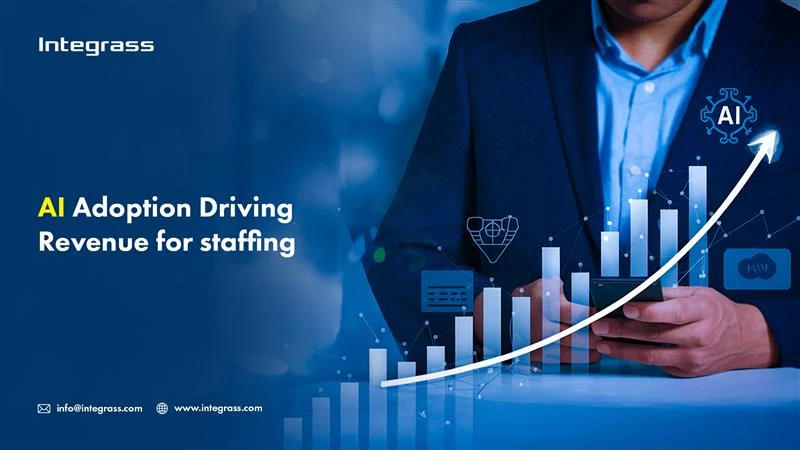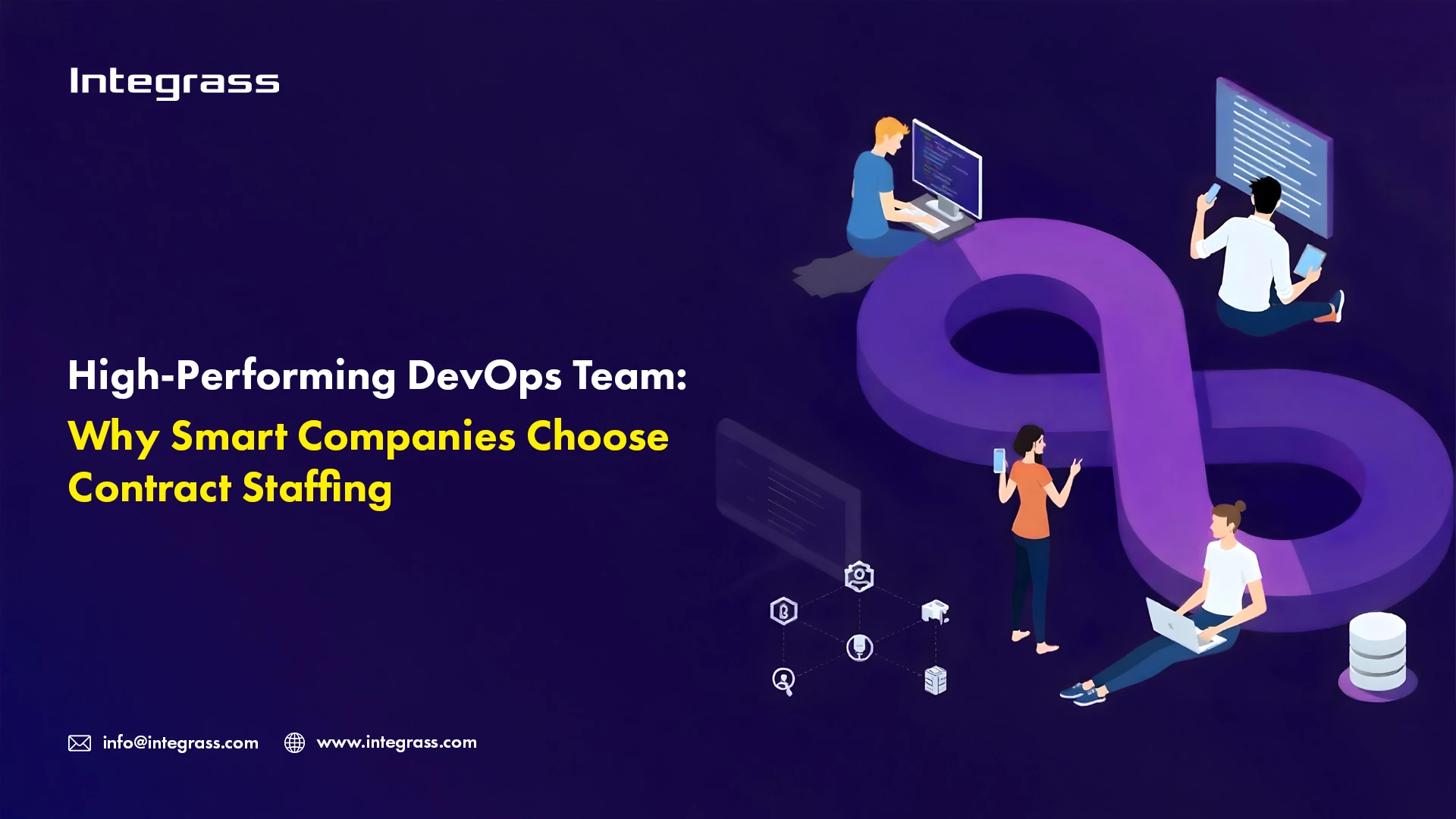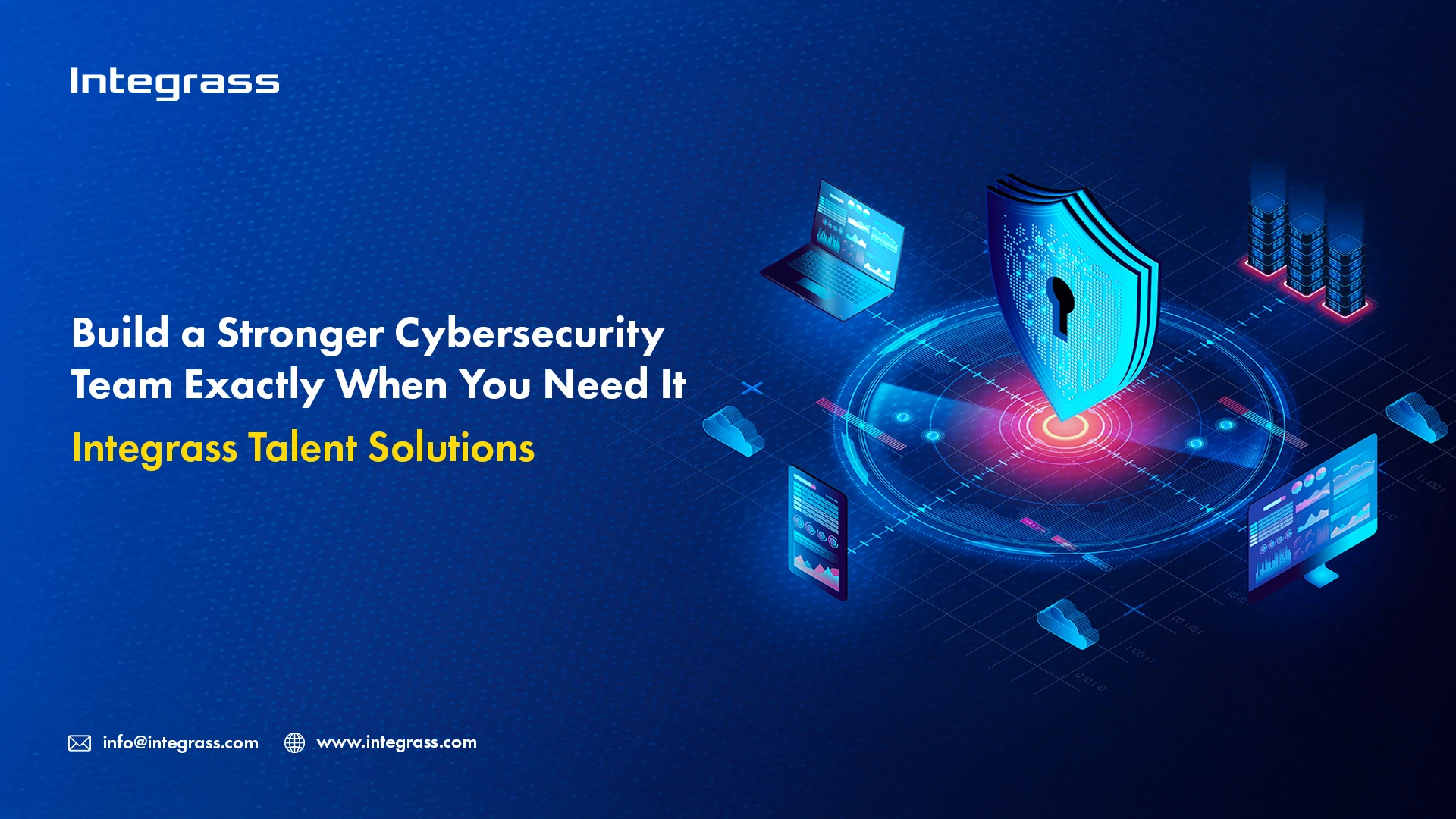Artificial Intelligence (AI) is making significant strides in healthcare, promising to transform the industry from diagnosis to treatment. AI applications in healthcare range from diagnostic tools to personalized treatment plans, streamlining processes and improving patient outcomes. Integrass Tech Solutions is here to help healthcare businesses incorporate AI solutions effectively. Let’s explore how AI is revolutionizing healthcare and the benefits it brings.
Diagnosis and Early Detection
AI’s ability to analyze vast amounts of data quickly and accurately makes it a powerful tool for diagnosing diseases. Machine learning algorithms can sift through medical records, imaging results, and genetic information to identify patterns and anomalies that might be missed by human eyes. For instance, AI can assist radiologists by highlighting potential areas of concern in X-rays and MRIs, allowing for quicker and more accurate diagnoses.
Integrass Tech Solutions can help healthcare providers implement these AI diagnostic tools, ensuring seamless integration into existing systems. Our expertise in data services and application development can tailor solutions to meet specific needs, enhancing diagnostic accuracy and efficiency.
Personalized Treatment Plans
AI-driven personalized treatment plans are one of the most promising developments in healthcare. By analyzing a patient’s medical history, lifestyle, and genetic makeup, AI can recommend treatments tailored to the individual’s unique circumstances. This approach increases the likelihood of successful outcomes and minimizes the risk of adverse reactions.
Integrass can assist healthcare providers in adopting AI-driven personalized treatment solutions. Our cloud services and enterprise integration capabilities ensure that patient data is securely managed and accessible, facilitating the creation of comprehensive, personalized care plans.
Predictive Analytics
Predictive analytics is another area where AI shines in healthcare. By analyzing trends and patterns in large datasets, AI can predict disease outbreaks, patient admissions, and other critical events. This allows healthcare providers to allocate resources more effectively and prepare for future demands.
Integrass offers robust analytics solutions that leverage AI to provide actionable insights. Our business intelligence tools help healthcare organizations make data-driven decisions, improving patient care and operational efficiency.
Can AI replace healthcare professionals?
AI is not intended to replace healthcare professionals but to augment their capabilities. It assists with tasks like data analysis, diagnostics, and patient engagement, allowing healthcare professionals to focus on providing high-quality care and making informed decisions. AI serves as a tool to enhance, not replace, human expertise in healthcare.
Chatbots in healthcare
Chatbots in healthcare provide 24/7 support to patients by answering queries, offering medical advice, scheduling appointments, and more. They improve patient engagement and reduce the workload on healthcare professionals by handling routine interactions and tasks.
Benefits of AI in Healthcare
- Improved Diagnostic Accuracy: AI’s ability to process and analyze data surpasses human capabilities, leading to more accurate diagnoses and early detection of diseases.
- Enhanced Patient Care: Personalized treatment plans tailored by AI ensure that patients receive the most effective therapies, improving overall care quality.
- Operational Efficiency: AI streamlines administrative tasks, from scheduling appointments to managing medical records, freeing up healthcare professionals to focus on patient care.
- Cost Reduction: By predicting disease outbreaks and optimizing resource allocation, AI helps healthcare providers reduce costs and improve efficiency.
- Patient Engagement: AI-powered chatbots and virtual assistants provide patients with round-the-clock support, answering queries and offering medical advice.
How Integrass Can Help Healthcare Businesses
- Application Development: We create custom applications using the latest technologies to meet specific healthcare requirements, enhancing service delivery.
- Data & Cloud Services: Our end-to-end data management and cloud services ensure that healthcare data is securely stored, managed, and accessible.
- Enterprise Integration: We connect applications, data, and devices to create a seamless digital ecosystem, facilitating the smooth operation of AI solutions.
- IT Staffing & Staff Augmentation: Integrass provides contract and contract-to-hire models for best-in-class IT resources, ensuring healthcare providers have the expertise needed to implement and manage AI solutions.
- Quality Assurance & Automation: Our QA processes ensure that healthcare applications are not only functional but also secure and compliant with industry regulations.
- CRM Implementation: Integrass helps healthcare organizations implement CRM systems like Salesforce and Microsoft Dynamics 365, ensuring a seamless patient journey from acquisition to support.
In conclusion, AI is not just a buzzword in healthcare; it is a transformative force enhancing every aspect of patient care and operational efficiency. Integrass Tech Solutions is committed to helping healthcare providers harness the power of AI, ensuring they stay at the cutting edge of this technological revolution.




